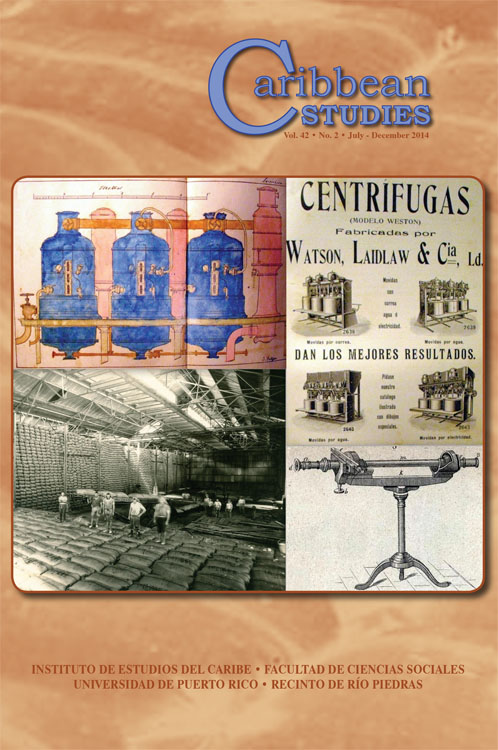Abstract
During the 1940s, Puerto Rico enjoyed the benefits of a U.S. sponsored economic boom as a result of the Second World War. Taking advantage of this influx of capital, the Puerto Rican government‘s sport and recreation commission, led by Julio Enrique Monagas, sought out an island-wide plan to build sport and recreational facilities under a social justice ideology. The mass-produced athletic parks were built in both the major urban cities as well as in the rural towns, a process later dubbed a "sport revolution." The government, through its sports commission, claimed that the mass athletic construction project was to uplift society, as well as a long awaited push for athletic modernization. However, more than top-down government policies, the politics of sport and recreation entailed popular demands for even more and better parks and programming. Thus, at stake with the plan, also known as "Un parque para cada pueblo," was the negotiation over the terms of a hegemonic relation between the emerging Partido Popular Democrático, the citizenry, and in turn U.S. colonialism.Downloads
Download data is not yet available.

